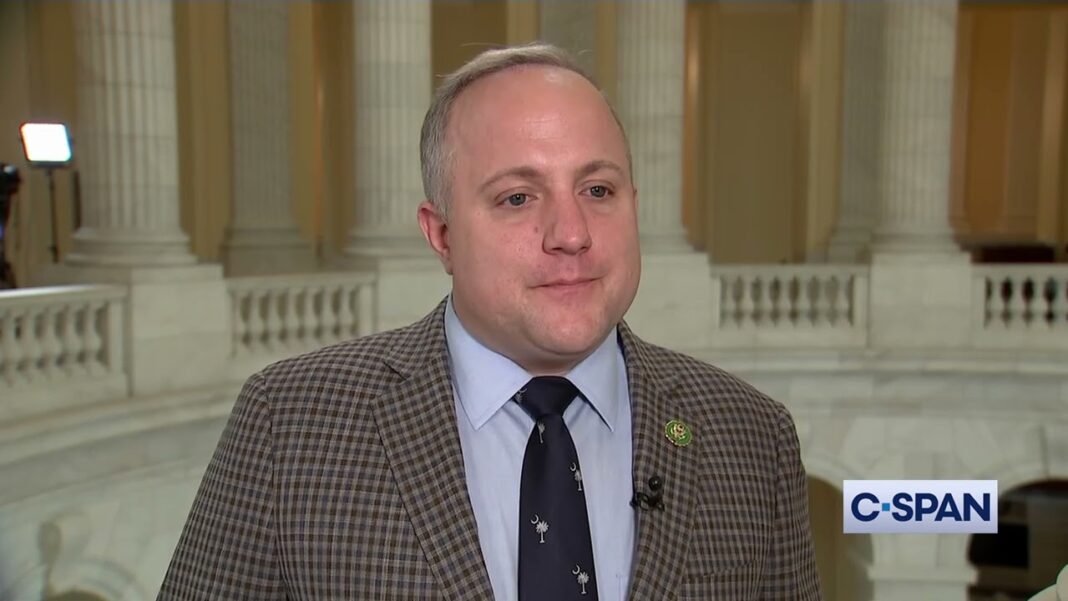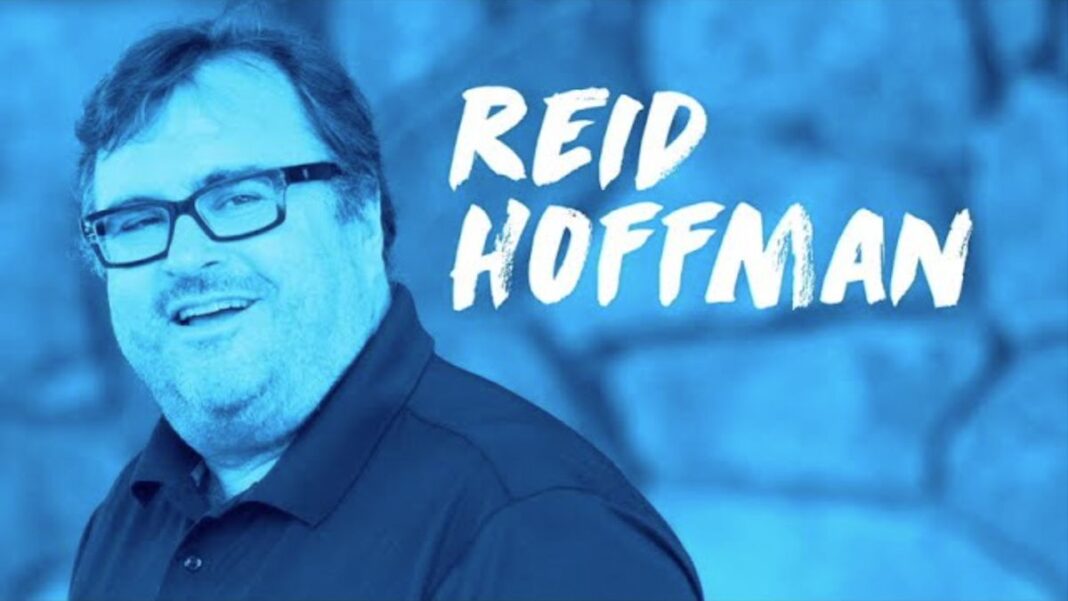
Remember when your career was an important part of your life? Even if you were still searching for your dream job, or had a terrible boss, or your coworkers drove you crazy – most of us still considered our careers an integral part of our identity. And certainly, when getting to know other people, we felt that our professional life was worth sharing.
Well, as Joe Biden once said, “that was true at the time.” Asking someone what they do for a living is now a faux pas. The generation offended by cartoon characters is telling you to shut up about your job – because, after all, not everyone gets to be a VP at Google.
This Wall Street Journal “life and work” advice makes the case that asking someone what they do for a living may offend your acquaintance, and we should stop doing it. In doing so, WSJ makes several silly assumptions.
Silly assumption #1: asking about someone’s work is nothing but meaningless “small talk.”
“It’s like talking about the weather.”
Except it’s not the case at all. When you are sharing an elevator with a stranger and trying to avoid 2 minutes of awkward silence, you don’t strike up a career talk. “What do you do for a living?” is usually asked in a more intimate social setting where people are trying to get to know one another. Talking about your job is a much deeper conversation than “small talk” with a stranger.
Silly assumption #2: when people ask what you do for a living, they want to know your position in a company.
Some of us grasp onto our titles like a life raft, convinced they’re the thing that makes us worth talking to.
The expected answer to “what do you do?” is your profession – not your job title. People usually respond with “I am a doctor,” as opposed to “I am a chief cardiologist at Kaiser Permanente.” Only a very socially awkward person would answer this question by pulling out a resume.
Silly assumption #3: by asking about someone’s job, we assume their job is the only thing they have in their lives.
Others blurt out the query because it’s easy, acceptable small talk—or because we have let our jobs eat up so much of our time we have no room for anything else.
As we discovered in silly statement #1, the “What do you do” question is usually asked in a social setting of some kind. Obviously, the person you are talking to made time to be there. He or she “made room” to come to a social gathering, which is, presumably, not job-related. Regardless of the topic of your conversation, that alone should give you a clue that your new acquaintance has “room” for things other than his or her job.
After making these silly assumptions, the article jumps to the main point: people talking about their jobs is nothing but “a status competition.”
“In so many interactions, there is a status competition humming just below the surface. Freed from job descriptions, you don’t have to play that game. Everybody can be wonderfully themselves.”
Think about it. The question “Who do you want to be when you grow up” was one of the earliest questions you heard and thought about as a child. Whether you knew the answer early on or took years to discover, your professional journey was likely long and difficult. It took much soul-searching, changing majors, career counseling, and moving from place to place. There are few things more important to a person than finding the right job. But according to Wall Street Journal, your profession has nothing to do with you “being wonderfully yourself.” Telling people what you do is just a “distraction” from more important things in your life – like your favorite brand of lipstick, or a Hollywood celebrity you admire.
The article gives you many reasons to be offended by the “What do you do?” question. You may suffer from low self-esteem, and hence, you may believe most people measure your worth by your job title. Or, you may not have invested much time and effort in your career, which inevitably leaves you with a “low ranking” and “low paying” job. And of course, people always forget that you may have been laid off at some point (because nobody else ever was!)
“But jobs are rarely forever, especially in this economy. Many of the same tech workers who wielded their company names—Facebook, Google—as a shorthand for success, their parents name-dropping the firms to their own friends too, are now facing layoffs.”
As someone who has had a somewhat “unorthodox” professional journey, I sympathize. In my 20s, to much dismay from my family and friends, I left the booming software industry to become a homemaker. Answering questions about my professional life made me self-conscious, knowing that many people would question my choice. Ultimately, I ditched the old-fashioned “housewife” for “a full-time mom” or “a home engineer,” which I thought sounded more “socially acceptable” (hint: it didn’t.)
Taking up political writing a few years ago presented another challenge. I knew that revealing what I do would lead to a longer conversation than I was willing to have with people I barely knew. Fortunately, I had a part time job at the time, so “administrative assistant” provided a plausible response that did not lead to many further questions. Even today, being a business owner, an aspiring real estate professional, and a writer at the same time, there is no fast and easy answer to the “what do you do?” question.
However, at no point the question about my career sounded awkward or out of place. I have always thought the question was relevant coming from someone who wanted to get to know me better. WSJ’s bizarre suggestion to avoid asking people what they do professionally is another pathetic attempt to “de-stigmatize” a 40-year-old living out of his mom’s basement and spending his day playing video games.
No matter what your job (or lack thereof) is, you should be proud of it enough to share it with the world. If you would rather not, take it as a clue that a career change is in order. If you find the question “what do you do for a living?” offensive, you are not living a productive life, which will hardly improve if people will stop asking.
By Tatyana Larina






